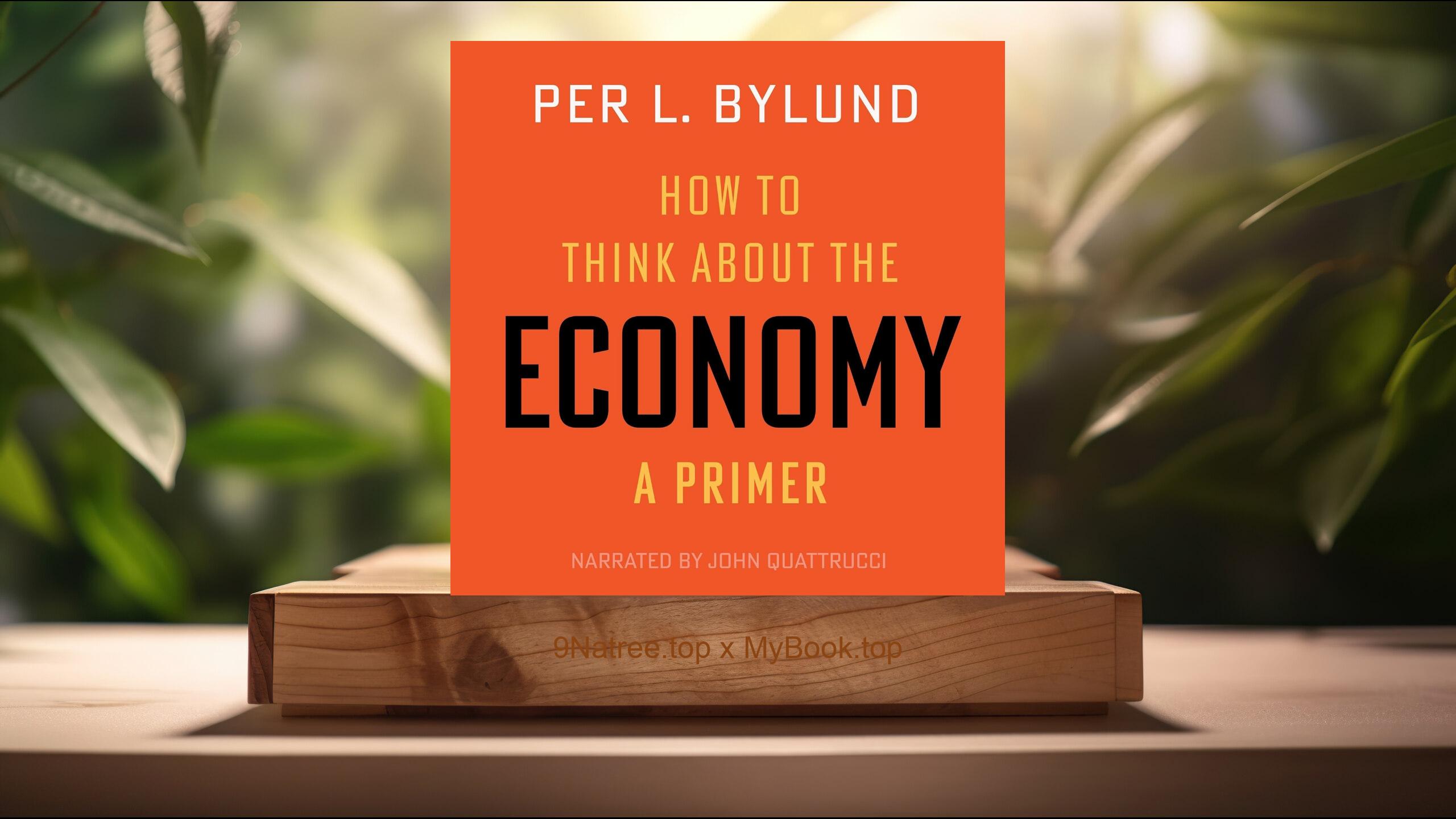Show Notes
- Amazon Books: https://www.amazon.com/dp/B00FJ331Q8?tag=9natree-20
- Apple Books: https://books.apple.com/us/audiobook/when-to-rob-a-bank/id1441470066?itsct=books_box_link&itscg=30200&ls=1&at=1001l3bAw&ct=9natree
- eBay: https://www.ebay.com/sch/i.html?_nkw=When+to+Rob+a+Bank+Steven+D+Levitt+&mkcid=1&mkrid=711-53200-19255-0&siteid=0&campid=5339060787&customid=9natree&toolid=10001&mkevt=1
- Read more: https://mybook.top/read/B00FJ331Q8/
#Economicsineverydaylife #Behavioraleconomics #Criticalthinking #Conventionalwisdom #Incentivestructures #Informationliteracy #Economicprinciples #Societalnorms #WhentoRobaBank
These are takeaways from this book.
Firstly, The Power of Incentives, Levitt and Dubner have long been fascinated with how incentives shape behavior, a theme that recurs throughout 'When to Rob a Bank'. They explore various unusual scenarios to illustrate this concept, such as how a bounty on cobras led to more cobras in Delhi and how a campaign to eradicate rats in Hanoi had unintended consequences. These stories underscore a fundamental economic principle: individuals respond to incentives, but not always in the ways policymakers expect. The authors make a compelling case for the need to design smarter incentive systems that recognize human nature's complexity, showcasing how incentives can sometimes backfire spectacularly if not thoughtfully structured.
Secondly, The Economics of Everyday Life, One of the book's charms is its application of economic principles to mundane aspects of daily living, making economics relatable and accessible. Whether discussing the inefficiency of gift-giving, the peculiar market for bagels, or the economics behind all-you-can-eat buffets, Levitt and Dubner reveal the unseen economic forces at play in our daily decisions. These discussions are not only entertaining but enlightening, revealing how economic theory can illuminate the choices we make every day, from what we buy to how we work. The authors encourage readers to look beyond the surface and consider the economic logic underlying everyday phenomena.
Thirdly, Questionable Morality and Ethical Quandaries, Levitt and Dubner do not shy away from tackling topics that reside in morally gray areas, such as the title prompt regarding the optimal moment to rob a bank. They use these provocative topics to delve into ethical considerations, weaving in economic logic to dissect choices that might otherwise seem purely moral or ethical. Through these discussions, readers are encouraged to consider the implications of actions not just from a legal standpoint but from an economic and societal impact perspective. The authors demonstrate how economic thinking can offer a unique lens through which to view ethical dilemmas, offering insights that challenge readers' preconceived notions about right and wrong.
Fourthly, The Flaws in Conventional Wisdom, Levitt and Dubner are known for their skepticism of conventional wisdom, a theme that permeates this collection. By scrutinizing widely accepted beliefs and testing them against data, they often arrive at conclusions that are counterintuitive. For instance, they question the efficacy of certain health and safety regulations, the real reasons behind the decrease in crime rates, and the peculiarities of real estate pricing. These topics not only serve as fascinating case studies in the application of economic thinking but also prompt readers to question their own assumptions about how the world works. The authors’ examination of conventional wisdom serves as a reminder of the importance of critical thinking and evidence-based analysis.
Lastly, The Misuse of Information and Statistics, In several essays, Levitt and Dubner explore how information and statistics are often manipulated or misinterpreted, leading to flawed conclusions and decisions. From dubious medical research practices to the selective presentation of data in the news, the authors reveal the dark side of information dissemination. They argue for a more critical approach to consuming information, emphasizing the need for readers to develop the skills to evaluate the credibility of sources and the quality of data. Through these discussions, Levitt and Dubner contribute to a broader conversation about literacy in an information-saturated age, advocating for a more informed and questioning public.
![[Review] When to Rob a Bank (Steven D. Levitt) Summarized](https://episodes.castos.com/660078c6833215-59505987/images/1761525/c1a-085k3-2ogv2n63a9dd-qtbwzj.jpg)




